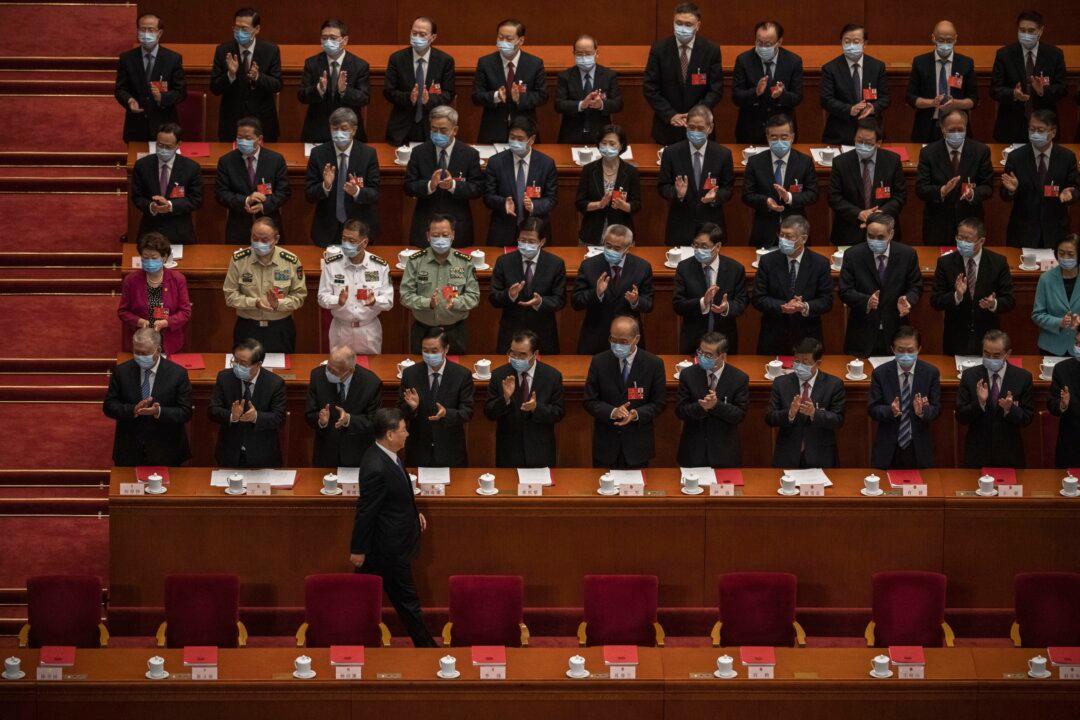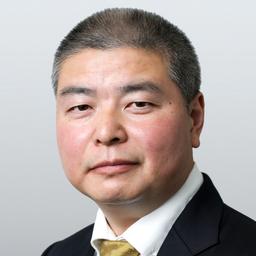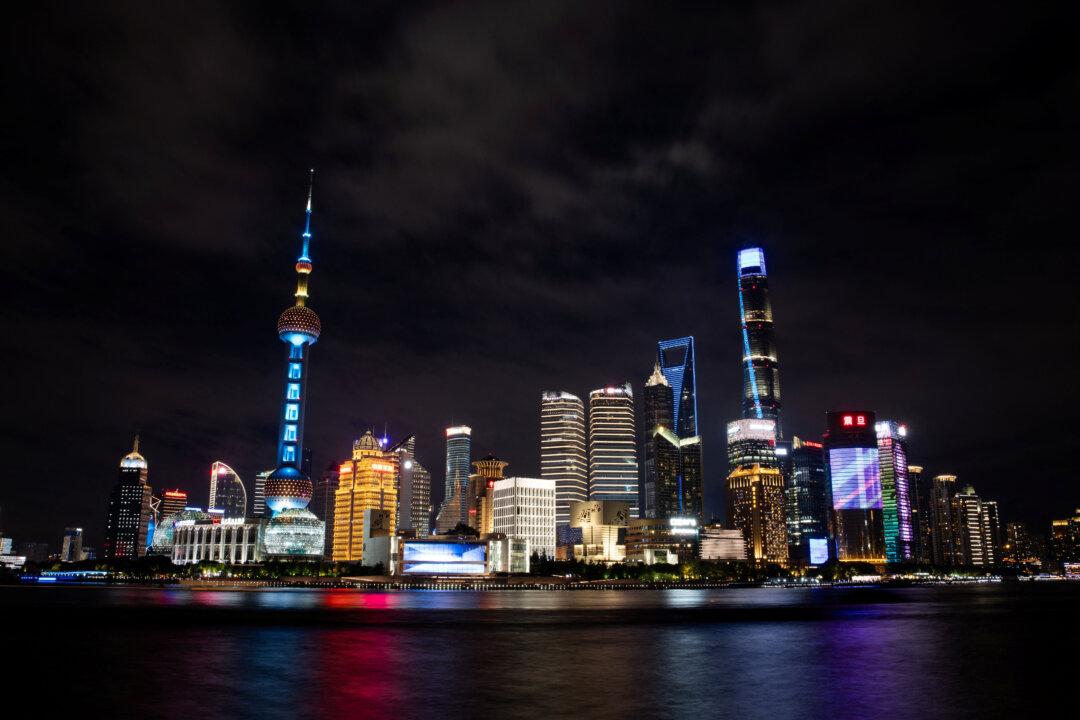Commentary
In less than eight years, Xi Jinping has established himself as the core leader and his political ideology is enshrined into the Chinese Communist Party (CCP)’s constitution. This not only places Xi above his predecessors Jiang Zemin, Hu Jintao, and Deng Xiaoping, but he is also catching up with Mao Zedong’s legacy. However, now that the CCP is accelerating its own demise, most factions within the regime want to hold Xi accountable.





